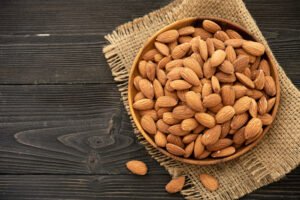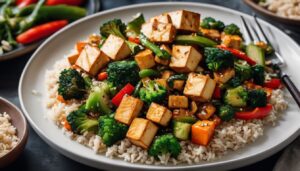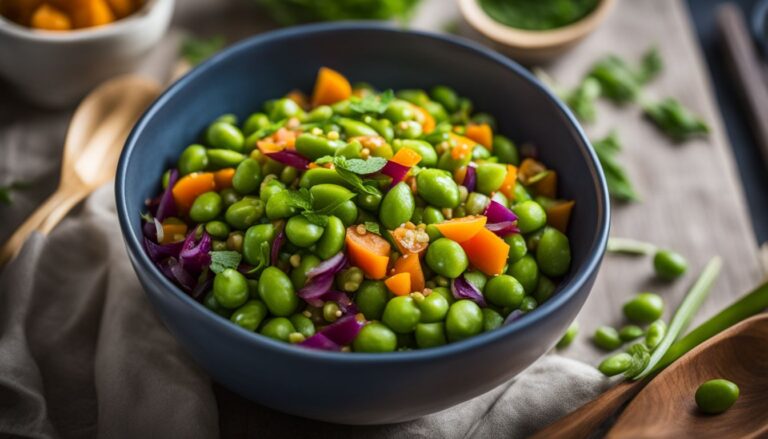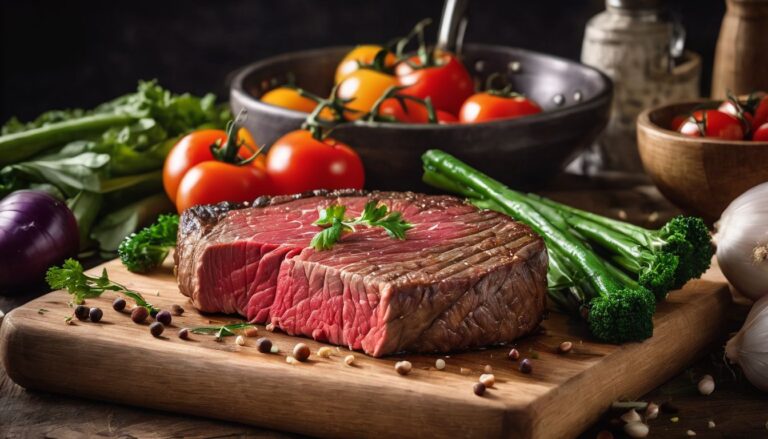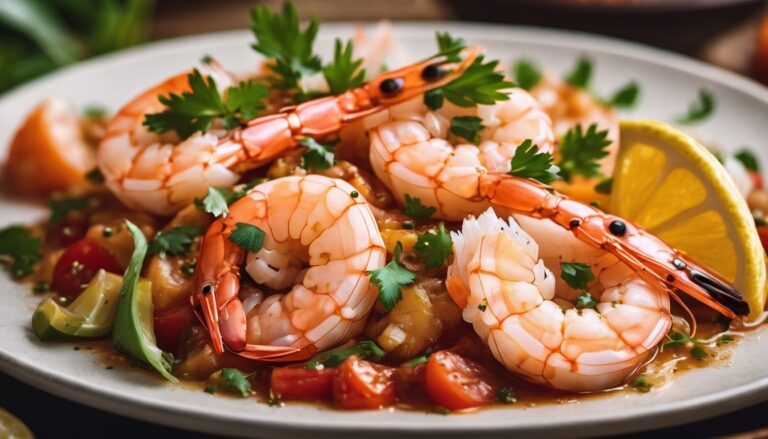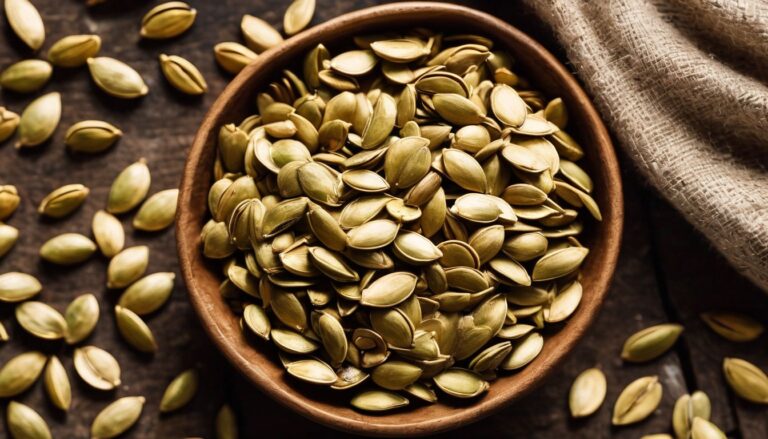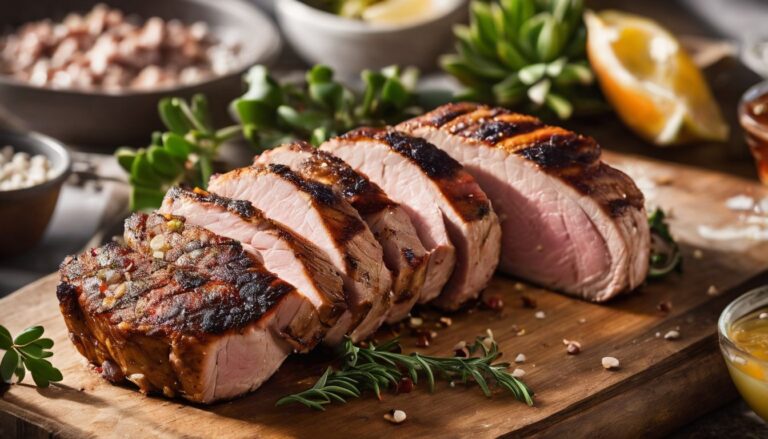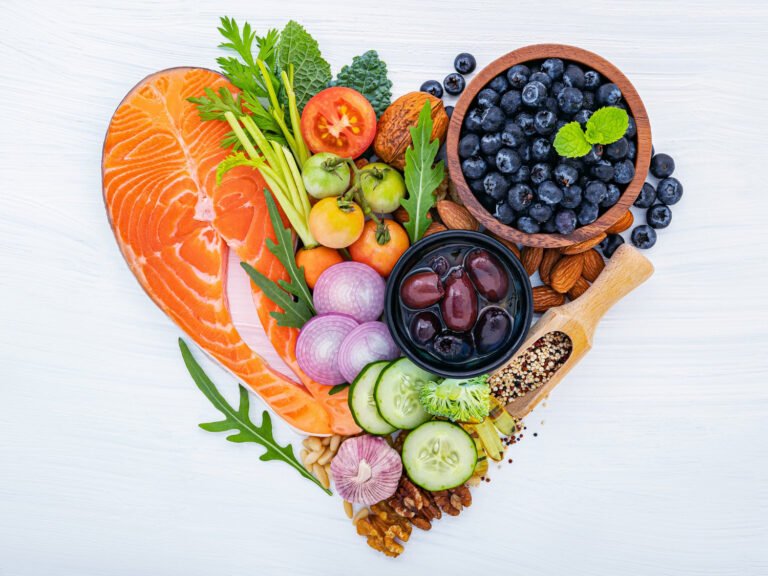Chickpea Nutrition Facts Exposed: Why Experts Are Raving About This Mighty Legume!
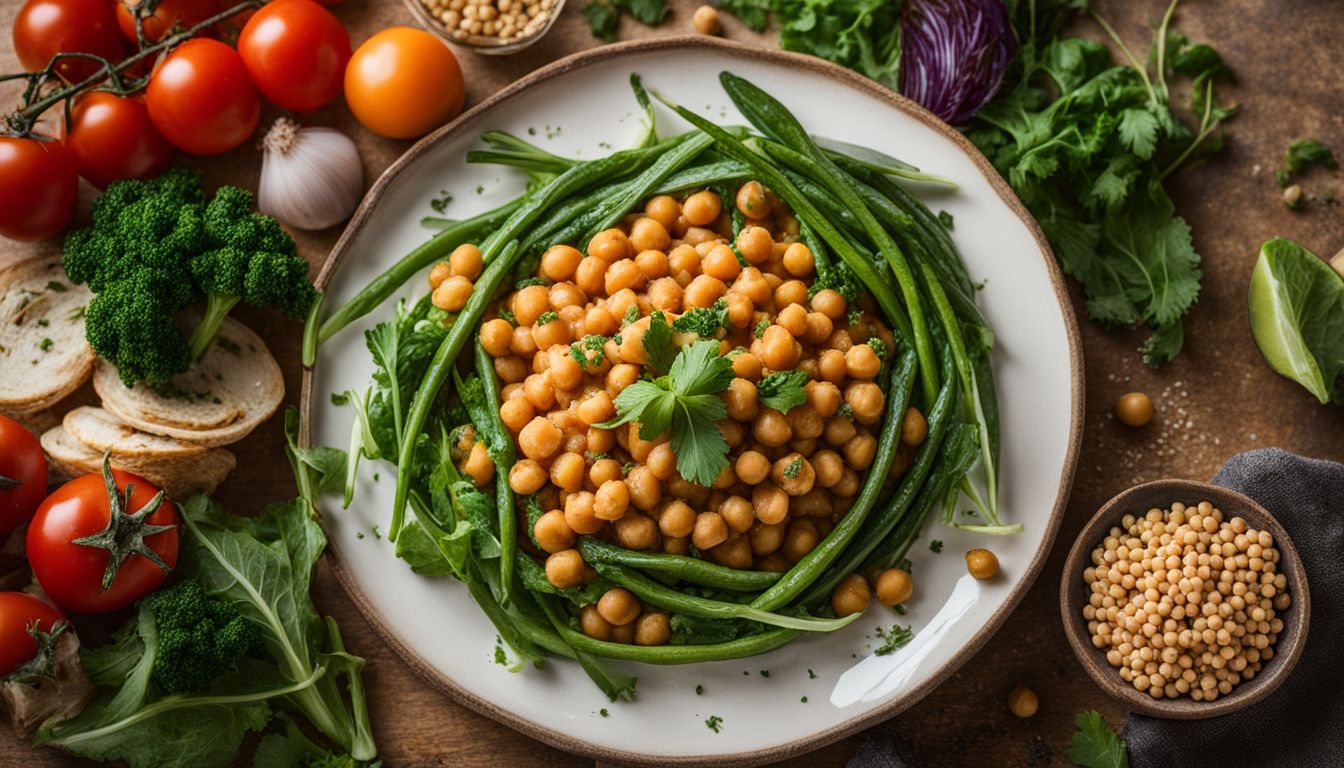
Are you looking to boost your diet with heart-healthy, nutrient-dense foods? Chickpeas, often a staple in vegetarian and vegan diets, pack an impressive punch of nutrients including fiber, protein and iron.
This article will provide comprehensive insights on chickpea nutrition facts and explore the health benefits these versatile legumes offer. Stay tuned to discover why chickpeas might just become your new favorite ingredient!
Key Takeaways
- Chickpeas are a nutrient-dense food, high in plant-based protein and fiber.
- They have a low glycemic index, making them suitable for blood sugar control and diabetes management.
- Chickpeas contain antioxidants that can reduce inflammation and protect against chronic diseases like heart disease and certain types of cancer.
Nutrient Profile of Chickpeas
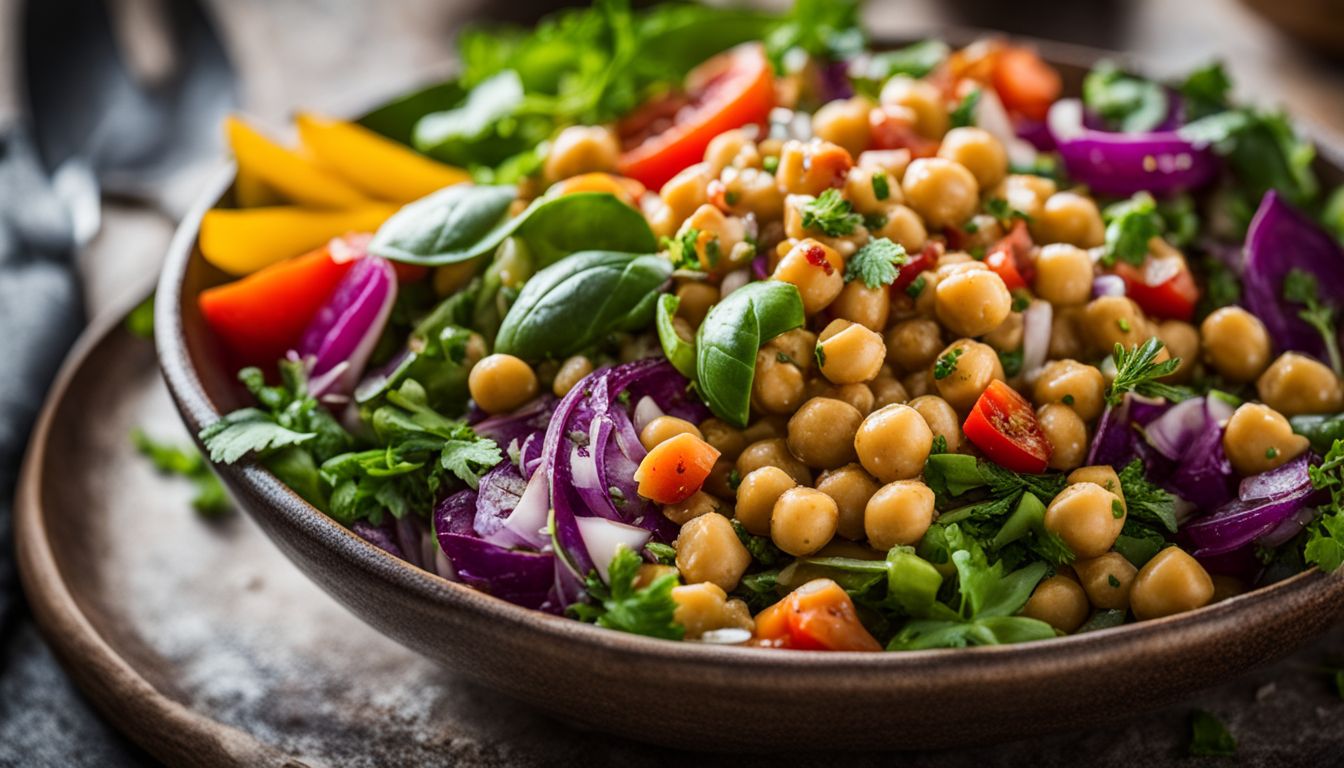
Chickpeas are packed with nutrients, including high levels of plant-based protein and fiber, making them a nutritious addition to any diet.
High in plant-based protein
Chickpeas serve as a powerhouse of plant-based protein. Each one-cup serving delivers an impressive amount, making them an excellent protein source for vegetarians and vegans. Consuming chickpeas can help meet daily protein requirements, particularly important for muscle growth and repair.
They could make a regular appearance in your meals, replacing animal proteins with fewer saturated fats and cholesterol involved. A diet high in plant-based proteins like those found in chickpeas also brings potential health benefits including reduced risk of chronic diseases.
Rich in fiber
Chickpea nutrition facts reveal a high fiber content within these hearty legumes. Dietary fiber is plentiful in chickpeas, which aids digestion and helps maintain a healthy digestive system.
This nutrient also contributes to the feeling of fullness after consuming chickpeas, supporting effective weight management by reducing overall calorie intake.
The dietary fiber in chickpeas has health benefits that extend beyond maintaining regular bowel movements. It also plays a critical role in controlling blood sugar levels, as it slows down carbohydrate absorption and prevents sudden spikes in blood glucose.
Additionally, this type of fiber can aid heart health by minimizing unhealthy cholesterol levels and promoting optimal blood pressure regulation.
Low glycemic index for blood sugar control
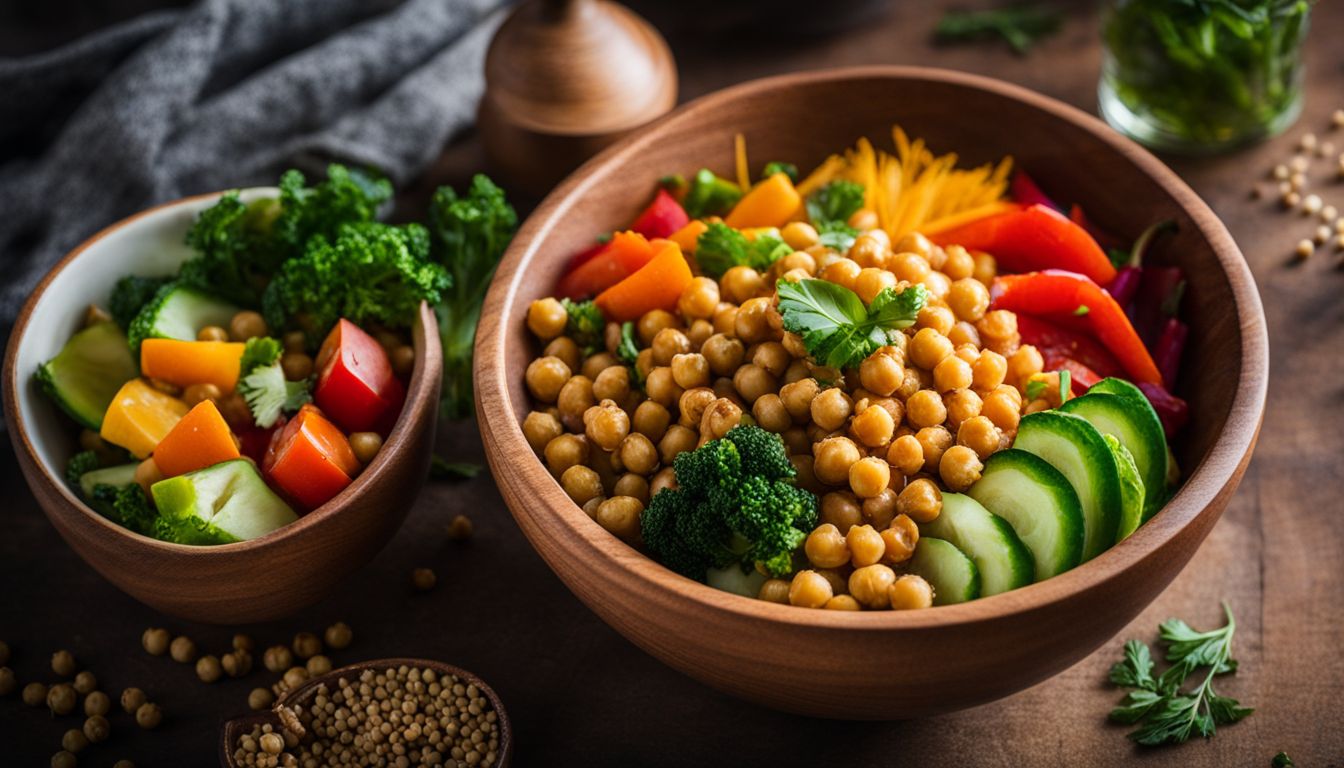
Chickpeas are a superstar in the realm of blood sugar management. They have a low glycemic index (GI), meaning they cause a slower, more controlled rise in blood sugar levels after meals.
This gradual release of glucose into the bloodstream reduces spikes and crashes, keeping energy levels stable throughout the day. Also, this characteristic makes chickpeas an excellent food choice for people with diabetes or those at risk for developing this condition.
Incorporating foods like chickpeas which naturally lower the GI value of your meal can help keep your blood sugars under control.
Good source of iron
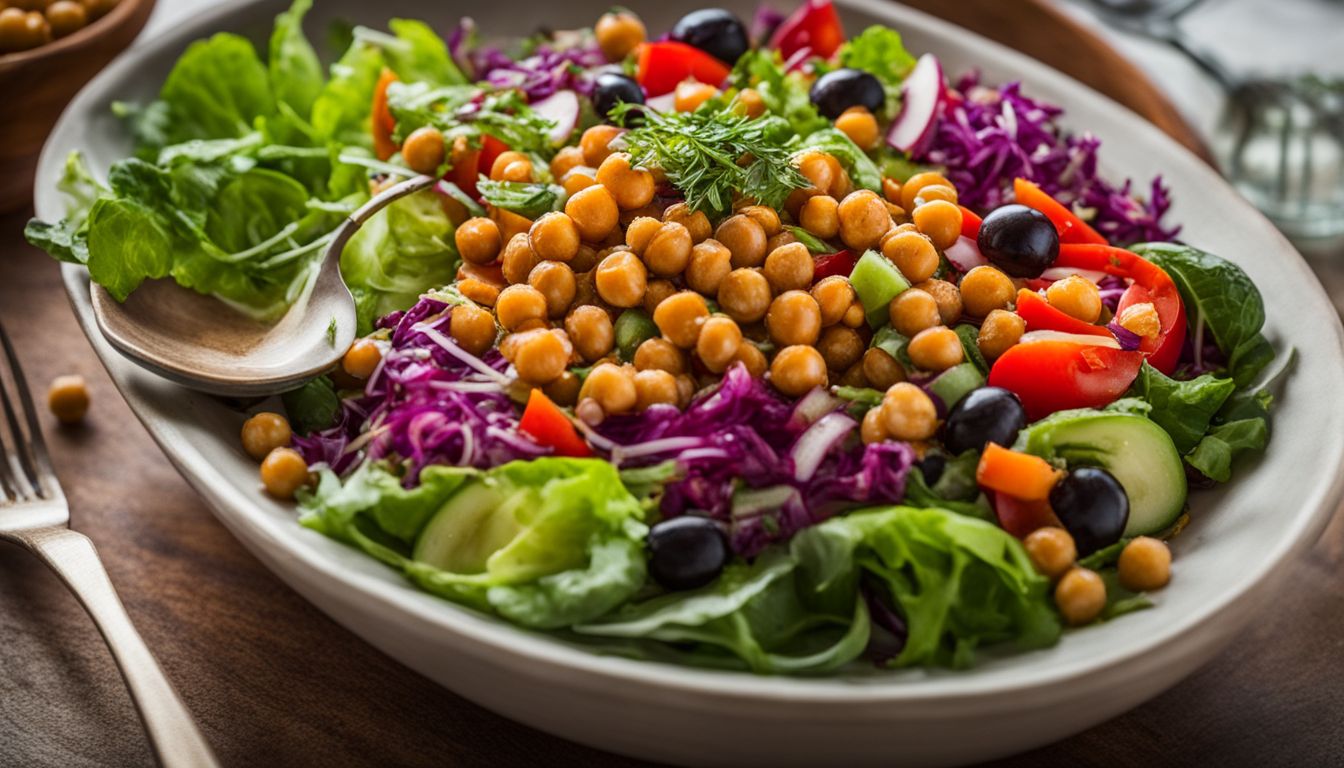
Chickpeas are a good source of iron, an essential mineral that plays a crucial role in the body. Iron is necessary for the production of hemoglobin, which carries oxygen from the lungs to other parts of the body.
Adequate iron intake is important to prevent iron deficiency anemia and maintain energy levels. Including chickpeas in your diet can help meet your daily iron needs, especially for vegetarians and vegans who may have limited sources of this nutrient.
So if you’re looking to boost your iron intake naturally, enjoy some delicious dishes with chickpeas as a nutritious option!
Packed with heart-healthy micronutrients
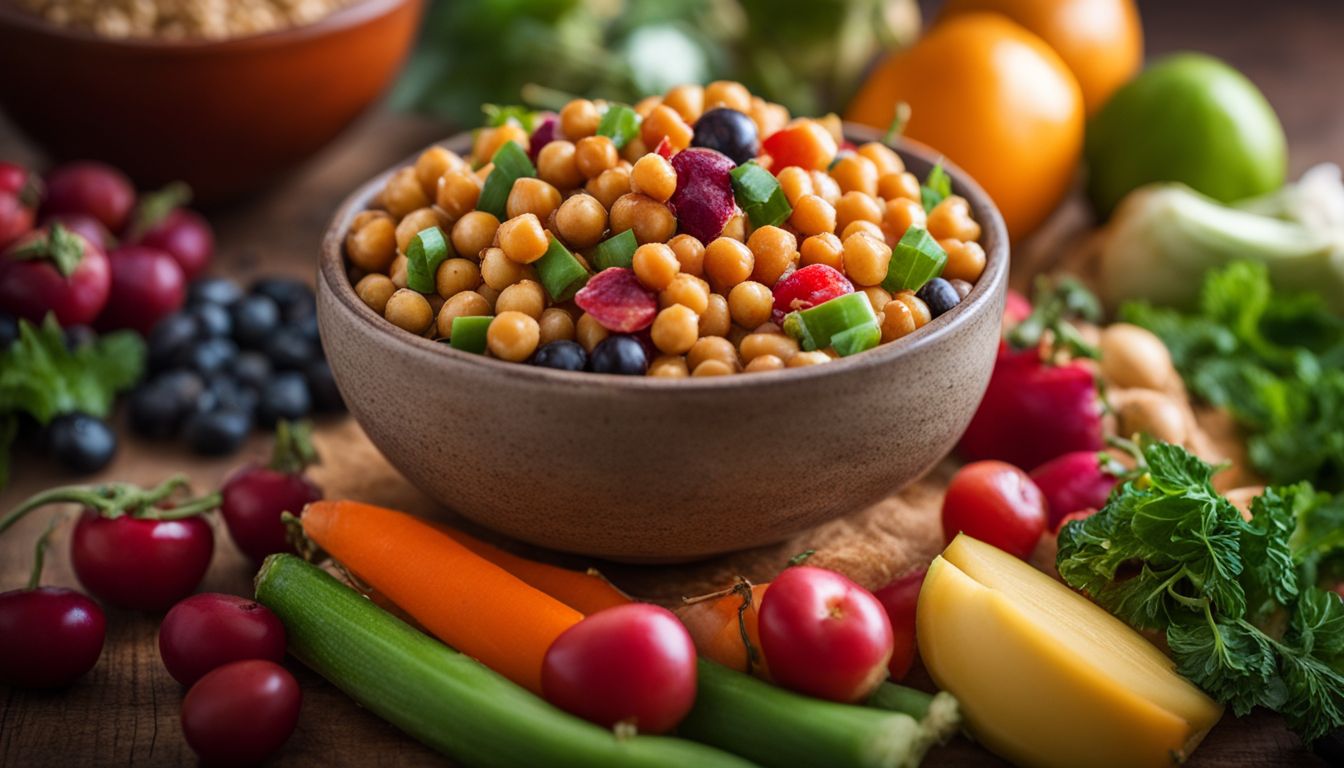
Chickpeas are not only a great source of protein and fiber, but they are also packed with heart-healthy micronutrients. These tiny legumes contain vitamins and minerals that support cardiovascular health.
They are rich in antioxidants like flavonoids and polyphenols, which help reduce inflammation and protect against chronic diseases. Consuming chickpeas regularly may even help lower cholesterol levels and promote healthy blood pressure.
So adding a serving of chickpeas to your meals can be a delicious way to boost your heart health while enjoying their nutty flavor and creamy texture.
Contains cancer-preventing compounds
Chickpeas offer more than just a tasty addition to your meals – they also contain cancer-preventing compounds. These legumes are packed with antioxidants, such as flavonoids and polyphenols, which have been shown to reduce inflammation and protect against chronic diseases, including certain types of cancer.
By including chickpeas in your diet, you can take advantage of these powerful compounds and potentially lower your risk of developing this devastating disease. So go ahead and enjoy delicious dishes made with chickpeas while protecting your health at the same time!
How Chickpeas Promote Heart Health
Chickpeas promote heart health through their high fiber and antioxidant content, reducing the risk of heart disease.
Fiber and antioxidants
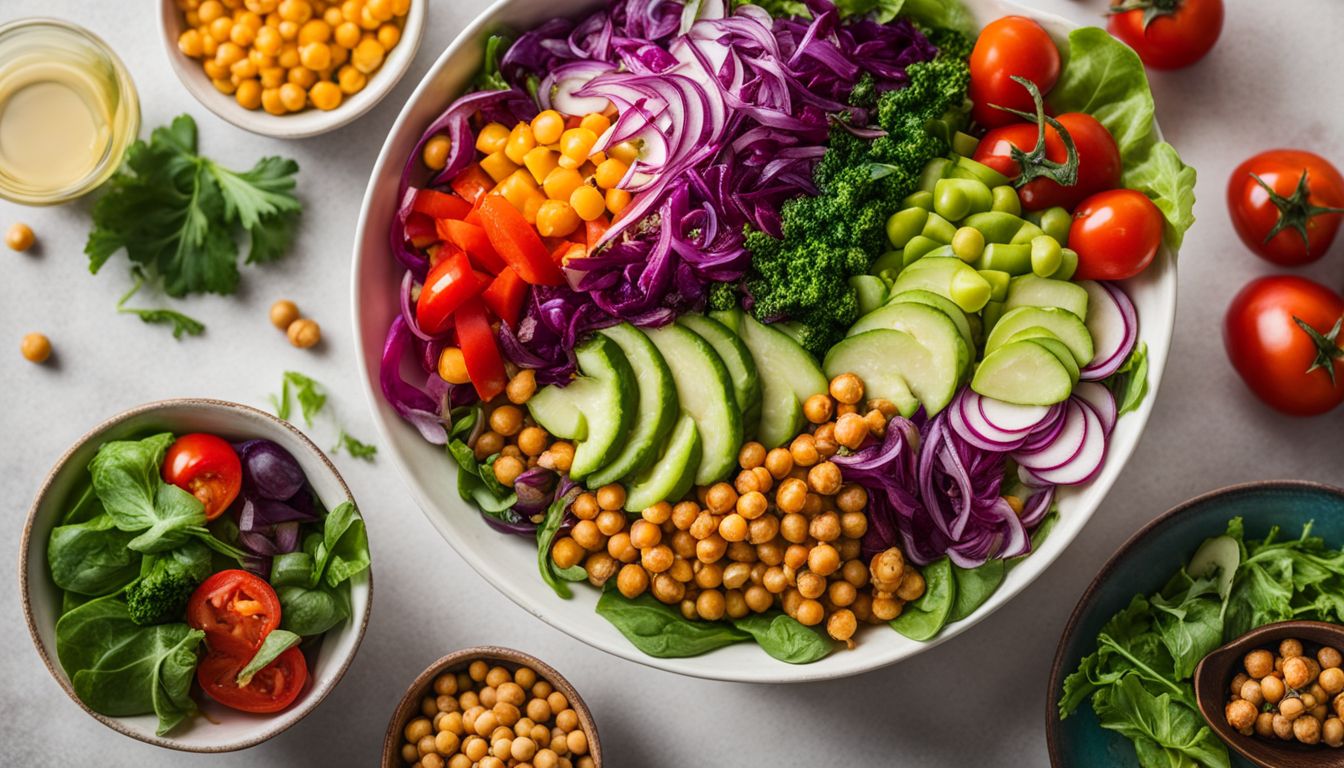
Chickpeas are an excellent source of fiber and antioxidants, making them a nutritious addition to your diet. Fiber is essential for maintaining a healthy digestive system and promoting regular bowel movements.
It can help prevent constipation and reduce the risk of developing colon cancer. Additionally, the high fiber content in chickpeas can promote feelings of fullness and aid in weight management.
Antioxidants, on the other hand, protect our cells from damage caused by harmful molecules called free radicals. Chickpeas contain various antioxidants, such as flavonoids and polyphenols, which have been linked to reducing inflammation in the body.
By consuming chickpeas regularly, you can help protect against chronic diseases like heart disease, diabetes, and certain types of cancer.
Reduced risk of heart disease
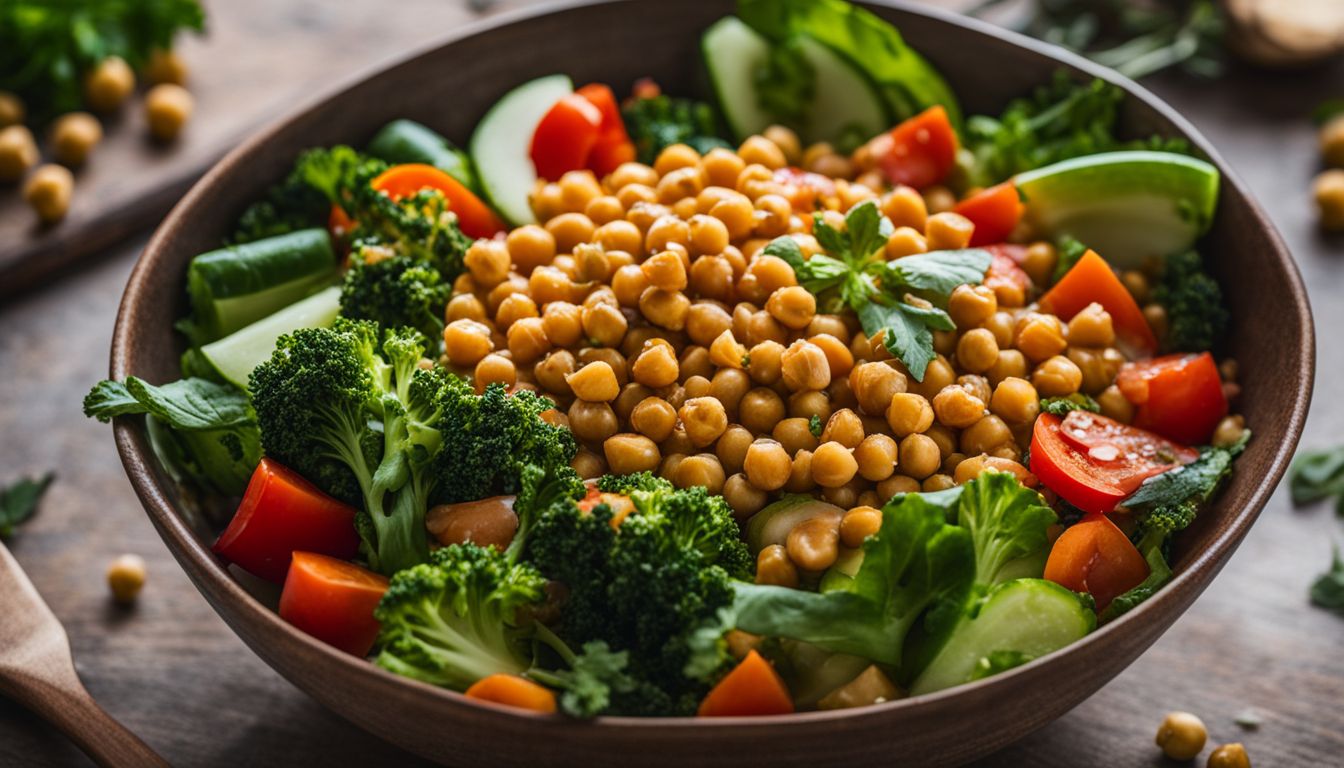
Chickpeas can play a crucial role in reducing the risk of heart disease. They contain antioxidants like flavonoids and polyphenols, which help reduce inflammation and protect against chronic diseases.
Additionally, chickpeas are rich in fiber and have been shown to lower cholesterol levels, promote healthy blood pressure, and improve overall heart health. By incorporating chickpeas into your diet regularly, you can take proactive steps towards maintaining a healthy cardiovascular system.
Chickpeas and Cancer Prevention
Chickpeas have been found to contain compounds like sulforaphane and saponins, which have shown promise in preventing cancer cells from forming and spreading.
Sulforaphane and cancer cells

Sulforaphane, a compound found in chickpeas, has been studied for its potential anti-cancer properties. Research suggests that sulforaphane may help in inhibiting the growth and spread of cancer cells.
It works by activating certain genes that produce enzymes known as phase 2 detoxification enzymes. These enzymes are responsible for neutralizing harmful substances and protecting cells from damage caused by carcinogens.
By promoting this detoxification process, sulforaphane may contribute to reducing the risk of cancer development and progression. Incorporating chickpeas into your diet can be a tasty way to potentially enhance your body’s natural defenses against cancer.
Saponins and breast cancer
Chickpeas contain a compound called saponins, which have been found to be beneficial in the prevention of breast cancer. Saponins are plant compounds known for their potential anti-cancer properties.
Research has shown that saponins can inhibit the growth and spread of cancer cells by inducing apoptosis, or programmed cell death. In addition to their anti-cancer effects, saponins also have antioxidant properties that help protect cells from damage caused by free radicals.
By including chickpeas in your diet, you can potentially reduce your risk of developing breast cancer and promote overall health and well-being.
Control Blood Sugar with Chickpeas
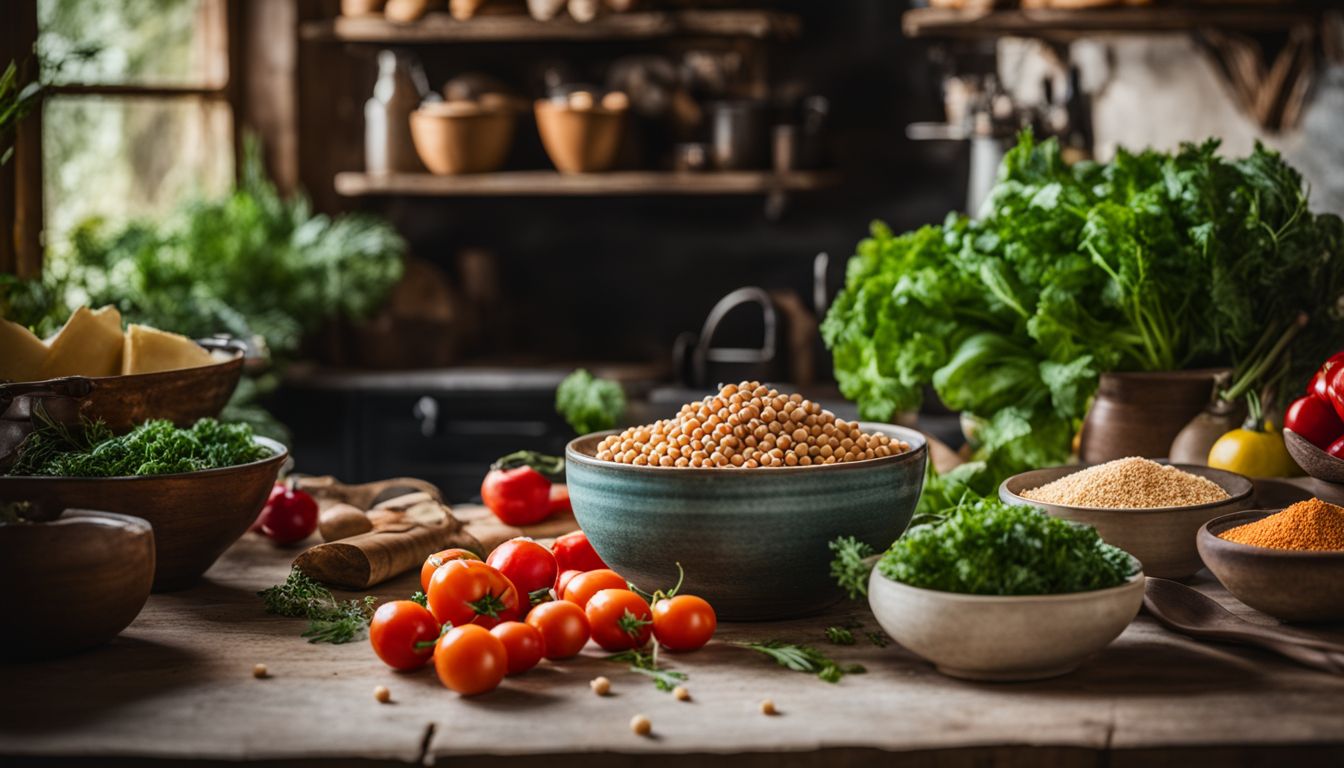
Chickpeas can help control blood sugar levels due to their low glycemic index and benefits for diabetes management.
Low glycemic index
Chickpeas have a low glycemic index, which means they don’t cause a sharp spike in blood sugar levels. This makes them an excellent choice for individuals looking to manage their blood sugar levels or those with diabetes.
The slow release of carbohydrates from chickpeas helps keep blood sugar stable and prevents sudden crashes or spikes. Additionally, the high fiber content in chickpeas further aids in regulating blood sugar by slowing down digestion and the absorption of sugars into the bloodstream.
By incorporating chickpeas into your diet, you can enjoy a delicious and satisfying meal while maintaining optimal blood glucose control.
Benefits for diabetes management
Chickpeas offer several benefits for diabetes management. Firstly, they have a low glycemic index, which means they cause a slower rise in blood sugar levels compared to high-glycemic foods.
This can help regulate blood sugar levels and prevent spikes that can be problematic for individuals with diabetes. Additionally, chickpeas are rich in fiber, which slows down the absorption of glucose and helps maintain steady blood sugar levels.
The high fiber content also contributes to feelings of fullness, reducing the likelihood of overeating and promoting weight management—an important aspect of diabetes control. Lastly, chickpeas provide a good source of plant-based protein without the saturated fat found in animal products.
Improving Colon Health with Chickpeas
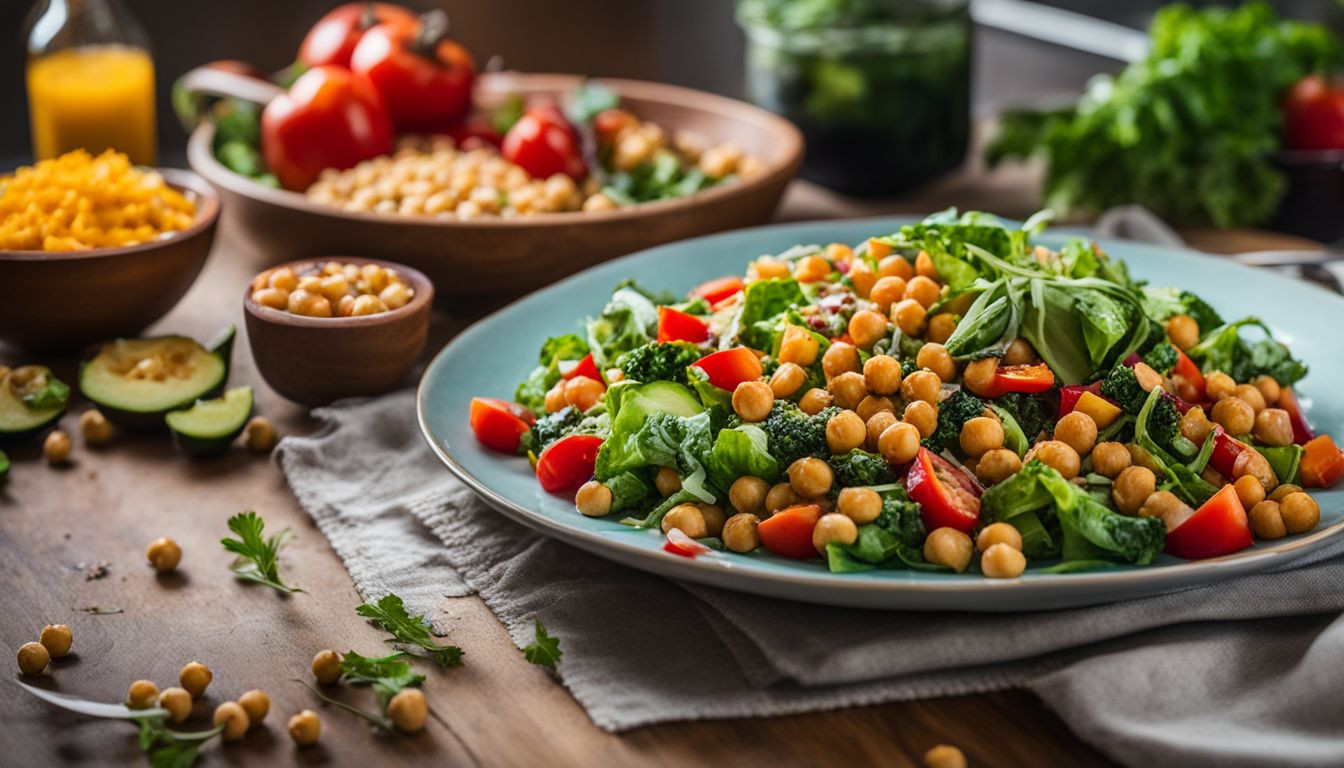
Chickpeas are an excellent source of fiber, which can help promote healthy digestion and improve colon health.
High fiber content
Chickpeas are packed with a high fiber content, making them an excellent addition to your diet. Fiber is essential for maintaining a healthy digestive system and promoting regular bowel movements.
It helps prevent constipation and keeps you feeling full for longer periods, aiding in weight management. Additionally, the fiber in chickpeas can help control blood sugar levels by slowing down the absorption of glucose into the bloodstream.
This makes chickpeas a great food choice for individuals with diabetes or those looking to maintain stable blood sugar levels throughout the day. Consuming foods high in fiber, like chickpeas, can also reduce the risk of developing chronic diseases such as heart disease and certain types of cancer.
Potential to prevent colon cancer
Chickpeas have the potential to prevent colon cancer. One of the key reasons is their high fiber content. Fiber plays a crucial role in maintaining a healthy digestive system and preventing constipation, which can contribute to colon cancer development.
Additionally, chickpeas contain antioxidants that help fight off free radicals and reduce inflammation, both of which are associated with an increased risk of colon cancer. By incorporating chickpeas into your diet, you can harness their potential to lower your risk of this deadly disease.
Weight Management and Satiety
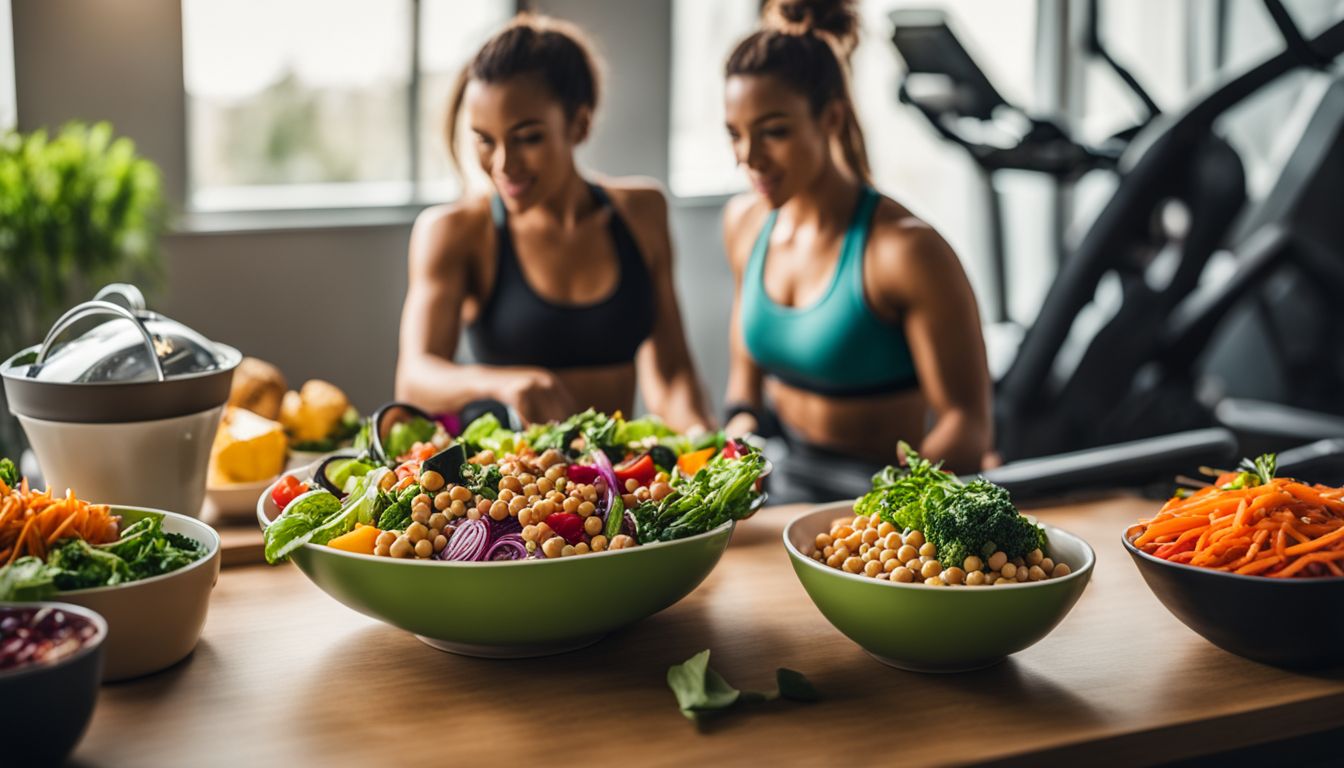
Chickpeas are a great option for weight management and promoting satiety due to their high protein and fiber content.
Protein and fiber for feeling full
Chickpeas are a great option for those looking to feel full and satisfied after a meal. They are packed with protein and fiber, which help promote feelings of satiety. Protein is known to be more filling than carbohydrates or fats, so including chickpeas in your meals can help curb cravings and prevent overeating.
Additionally, the high fiber content in chickpeas adds bulk to your diet, keeping you fuller for longer periods of time. This combination of protein and fiber makes chickpeas an excellent choice for weight management and overall satisfaction with your meals.
Not only do chickpeas keep you feeling full, but they also offer a range of other health benefits. They are low in fat and sodium, making them a healthy alternative to high-calorie snacks or processed foods that often leave us feeling unsatisfied.
Lower calorie, high nutrient option
Chickpeas are an excellent choice for those seeking a lower calorie, high nutrient option. With their low fat and sodium content, they provide a healthy alternative to other higher-calorie foods.
Not only that, but chickpeas are packed with vitamins, minerals, and dietary fiber, making them a nutritious addition to any meal. Their high fiber content helps promote feelings of fullness and can aid in weight management.
Plus, they are a great source of plant-based protein, perfect for vegetarians and vegans looking to meet their protein needs. So go ahead and enjoy the benefits of this delicious legume while keeping your calorie intake in check!
How to Prepare and Incorporate Chickpeas into Your Diet
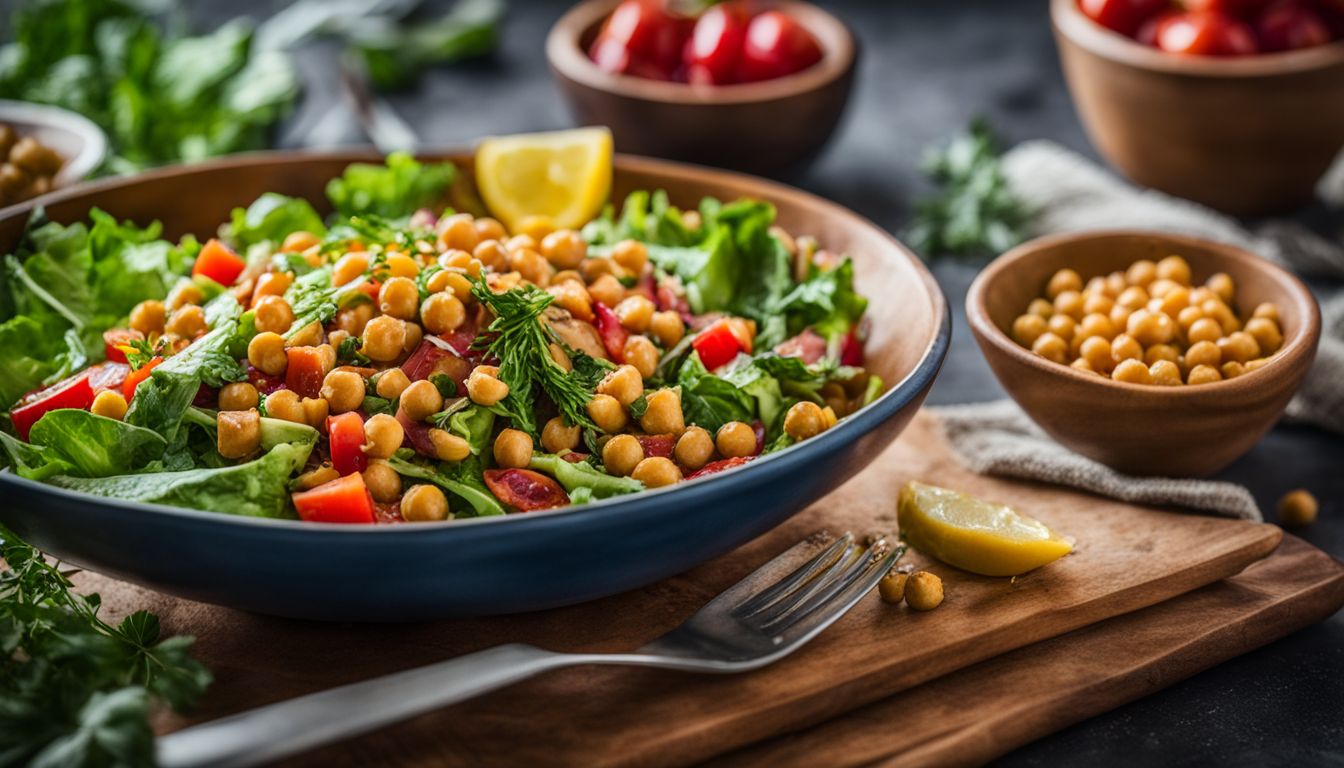
There are numerous ways to prepare and incorporate chickpeas into your diet. From delicious salads and soups to hearty stews and dips, the possibilities are endless. You can also roast them for a crunchy snack or blend them into a smooth hummus.
Experiment with different spices and seasonings to enhance their flavor, and don’t forget to explore various recipes online for inspiration. Store dried chickpeas in an airtight container in a cool, dry place, while canned ones should be transferred to a covered container in the refrigerator after opening.
Enjoy the versatility of chickpeas as you embrace their nutritious benefits in your everyday meals!
Recipes and meal ideas
Looking for some tasty ways to incorporate chickpeas into your diet? Here are a few recipes and meal ideas to get you started:
- Chickpea Salad: Toss together canned chickpeas, cherry tomatoes, cucumbers, red onions, and feta cheese. Drizzle with olive oil and lemon juice for a refreshing and nutritious salad.
- Chickpea Curry: Saute onions, garlic, and ginger in a pan. Add chickpeas, coconut milk, curry powder, and other spices of your choice. Simmer until the flavors meld together for a satisfying vegetarian curry.
- Roasted Chickpeas: Drain and rinse canned chickpeas before patting them dry with a paper towel. Toss them in olive oil, salt, pepper, and your favorite seasonings. Spread them out on a baking sheet and roast in the oven at 400°F (200°C) for about 20-30 minutes until crispy.
- Hummus Wraps: Spread hummus on a whole wheat tortilla or wrap. Add sliced cucumbers, tomatoes, spinach leaves, and any other veggies you like. Roll it up for a quick and healthy lunch option.
- Chickpea Stew: In a large pot, cook onions, carrots, celery, and garlic until softened. Add vegetable broth, diced tomatoes, chickpeas, and your choice of herbs and spices. Simmer until the stew thickens for a comforting meal on chilly days.
Storage and food safety tips
Ensure the freshness and safety of your chickpeas with these storage and food safety tips:
- Store dried chickpeas in an airtight container in a cool, dry place to maintain their quality and prevent moisture absorption.
- Canned chickpeas can be stored in their original packaging or transferred to an airtight container and refrigerated for up to 4 days after opening.
- Check the expiration date on canned chickpeas before use and discard if expired.
- Rinse canned chickpeas thoroughly under cold water before using to wash away excess sodium and any additives.
- When cooking dried chickpeas, soak them overnight in cold water, then rinse well before boiling to remove any dirt or debris.
- Cooked chickpeas should be stored in an airtight container in the refrigerator and consumed within 3 – 4 days.
- To freeze cooked chickpeas, spread them out on a baking sheet lined with parchment paper. Once frozen, transfer them to a freezer-safe bag or container for up to 3 months.
- When reheating cooked chickpeas, ensure they are heated thoroughly to kill bacteria and pathogens that may have developed during storage.
Preparing dried and canned chickpeas
Preparing dried and canned chickpeas is simple and convenient. Here’s how you can do it:
- Dried Chickpeas:
- Rinse the dried chickpeas thoroughly under running water.
- Soak them in a bowl of water for 8 to 12 hours, or overnight.
- Drain and rinse the soaked chickpeas before using them.
- Cook the soaked chickpeas by boiling them in a pot of water for about 1 to 2 hours until they are tender.
- Once cooked, drain and use the chickpeas in your recipes.
- Canned Chickpeas:
- Open the can of chickpeas and drain the liquid from the can.
- Rinse the canned chickpeas under running water to remove any excess sodium or preservatives.
- If desired, you can also lightly cook the canned chickpeas by simmering them in a pot of boiling water for about 5 minutes.
- Drain again, and your canned chickpeas are now ready to be used in your dishes.
- Storage and Food Safety Tips:
- Store dried chickpeas in an airtight container in a cool, dry place away from direct sunlight. They can last up to 12 months when stored properly.
- Canned chickpeas can be stored unopened at room temperature for up to 2 years. After opening, transfer any unused portions into a covered container and refrigerate for up to 3 days.
- Varieties and Adverse Effects:
- There are different varieties of chickpeas available, including black, green, and roasted. Each variety offers its own unique flavor profile and nutritional benefits.
- While generally safe to consume, some individuals may experience digestive discomfort or flatulence after consuming large quantities of chickpeas due to their fiber content. It’s important to listen to your body’s response.
Varieties and adverse effects
Chickpeas come in various varieties, with the most common being the beige or light brown variety. However, there are also black chickpeas and green chickpeas available. Each variety has its own unique taste and texture, allowing for versatile culinary options.
When it comes to adverse effects, chickpeas are generally safe for consumption. However, some individuals may experience bloating or gas due to their high fiber content. To minimize these effects, it is recommended to gradually increase your intake of chickpeas and ensure that they are cooked thoroughly before consuming.
Additionally, individuals with certain medical conditions such as irritable bowel syndrome (IBS) may need to monitor their intake of chickpeas as they can exacerbate symptoms. Overall though, including chickpeas in your diet provides numerous health benefits without significant adverse effects.
Conclusion
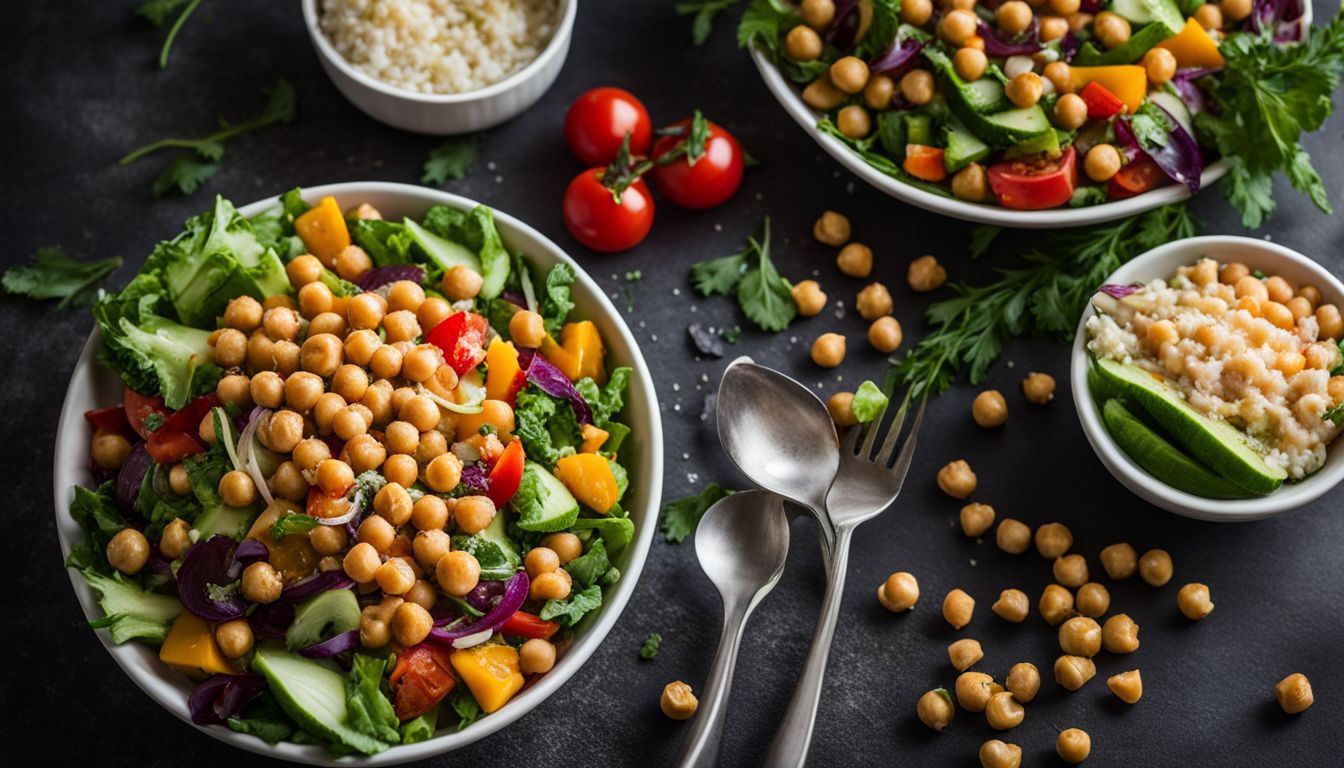
In conclusion, chickpeas are a nutrition powerhouse that can provide numerous health benefits. With their high fiber and protein content, they can aid in weight management and promote feelings of fullness.
They are also packed with vitamins, minerals, and antioxidants that support overall health and well-being. So why not incorporate chickpeas into your diet and enjoy their delicious taste while reaping the nutritional rewards?.
FAQs
1. What is the protein content in chickpeas?
Chickpeas are known for their high protein content, making them a great addition to any diet.
2. Are there nutrition differences between canned and dried chickpeas?
Yes, both canned chickpea and dried chickpea have different nutritional facts that can be calculated with a nutrition facts calculator.
3. How much nutrition do I get from 100g of Chickpeas or 1 cup of boiled Chickpeas?
The nutrients present in 100g of chickpea or 1 cup boiled differ slightly but are generally rich in proteins, fibers and other important nutrients.
4. Does the color of the Chickpeas alter its nutritional benefits?
Black, green or roasted; all types of chick peas come packed with substantial health benefits despite some minimal variation in their nutritional values.
5. Is it beneficial adding Chickpea to my meal like Spinach Pilaf Brown Rice?
Absolutely! Adding a serving size such as half-cup or one-cup per day to foods like spinach pilaf brown rice enhances not only taste but also contributes significantly towards your daily protein requirement.
Sources referenced in this article
- https://www.healthline.com/nutrition/chickpeas-nutrition-benefits
- https://www.webmd.com/food-recipes/health-benefits-chickpeas
- https://www.health.com/nutrition/are-chickpeas-healthy
- https://www.medicalnewstoday.com/articles/280244
- https://health.clevelandclinic.org/health-benefits-of-chickpeas/
- https://www.verywellfit.com/chickpeas-nutrition-facts-calories-and-health-benefits-4118486
- https://www.ncbi.nlm.nih.gov/pmc/articles/PMC5188421/

Author
Years ago, the spark of my life’s passion ignited in my mind the moment I stepped into the local gym for the first time. The inaugural bead of perspiration, the initial endeavor, the very first surge of endorphins, and a sense of pride that washed over me post-workout marked the beginning of my deep-seated interest in strength sports, fitness, and sports nutrition. This very curiosity blossomed rapidly into a profound fascination, propelling me to earn a Master’s degree in Physical Education from the Academy of Physical Education in Krakow, followed by a Sports Manager diploma from the Jagiellonian University. My journey of growth led me to gain more specialized qualifications, such as being a certified personal trainer with a focus on sports dietetics, a lifeguard, and an instructor for wellness and corrective gymnastics. Theoretical knowledge paired seamlessly with practical experience, reinforcing my belief that the transformation of individuals under my guidance was also a reflection of my personal growth. This belief holds true even today. Each day, I strive to push the boundaries and explore new realms. These realms gently elevate me to greater heights. The unique combination of passion for my field and the continuous quest for growth fuels my drive to break new ground.


